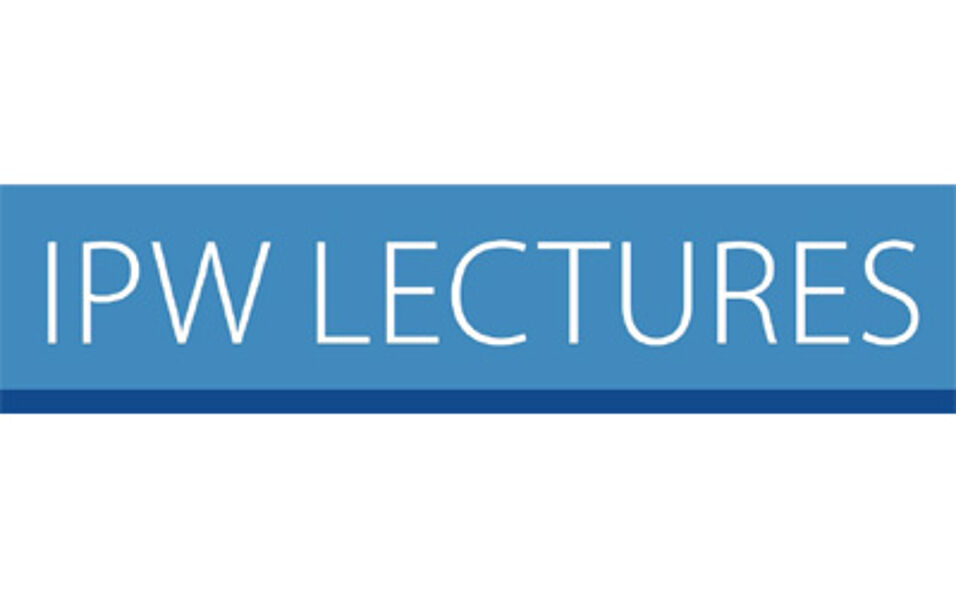When: Tuesday, 22 October 2024, 17:00
Where: Online via Zoom (Please register via eif@univie.ac.at and we will send you the link on the day of the lecture.)
Speaker: Robert Gorwa (Berlin Social Science Center - WZB)
Moderation: Timo Seidl (Centre for European Integration Research - EIF, University of Vienna)
Abstract:
Under pressure from policymakers and the public, companies like Google, Amazon, Facebook, Twitter, and TikTok now operate sprawling bureaucracies tasked with policing the global digital ‛platforms‘ that millions or even billions of people around the world use to communicate, work, and play. In the past decade, these firms have significantly increased the amount of organizational resources that they devote towards making rules and decisions around the acceptable use of their services – investing heavily in what is often termed ‛trust and safety‘ by industry, or ‛content moderation‘ or ‛platform governance‘ by researchers. The European Union's various institutions, as well as its member states, have long proactively sought to shape this terrain, initiating a range of informal, co-regulatory – and, most recently – formal regulatory initiatives that attempt to directly intervene in how technology multinationals set standards pertaining to a range of policy issue areas, such as child safety and online hate speech. This lecture will present arguments from Robert Gorwa's recently published book (The Politics of Platform Regulation, OUP 2024), with a focus on the different approaches that European actors have been deploying in their efforts to exert a modicum of control over these highly salient forms of 21st century corporate governance. The lecture will situate these general strategies – which the book calls convincing, collaborating, and contesting – in the international context, offering empirical insights into the institutional and political factors that condition their success, while also exploring some of the complexities and contradictions facing platform regulation as a political project in the European Union.

